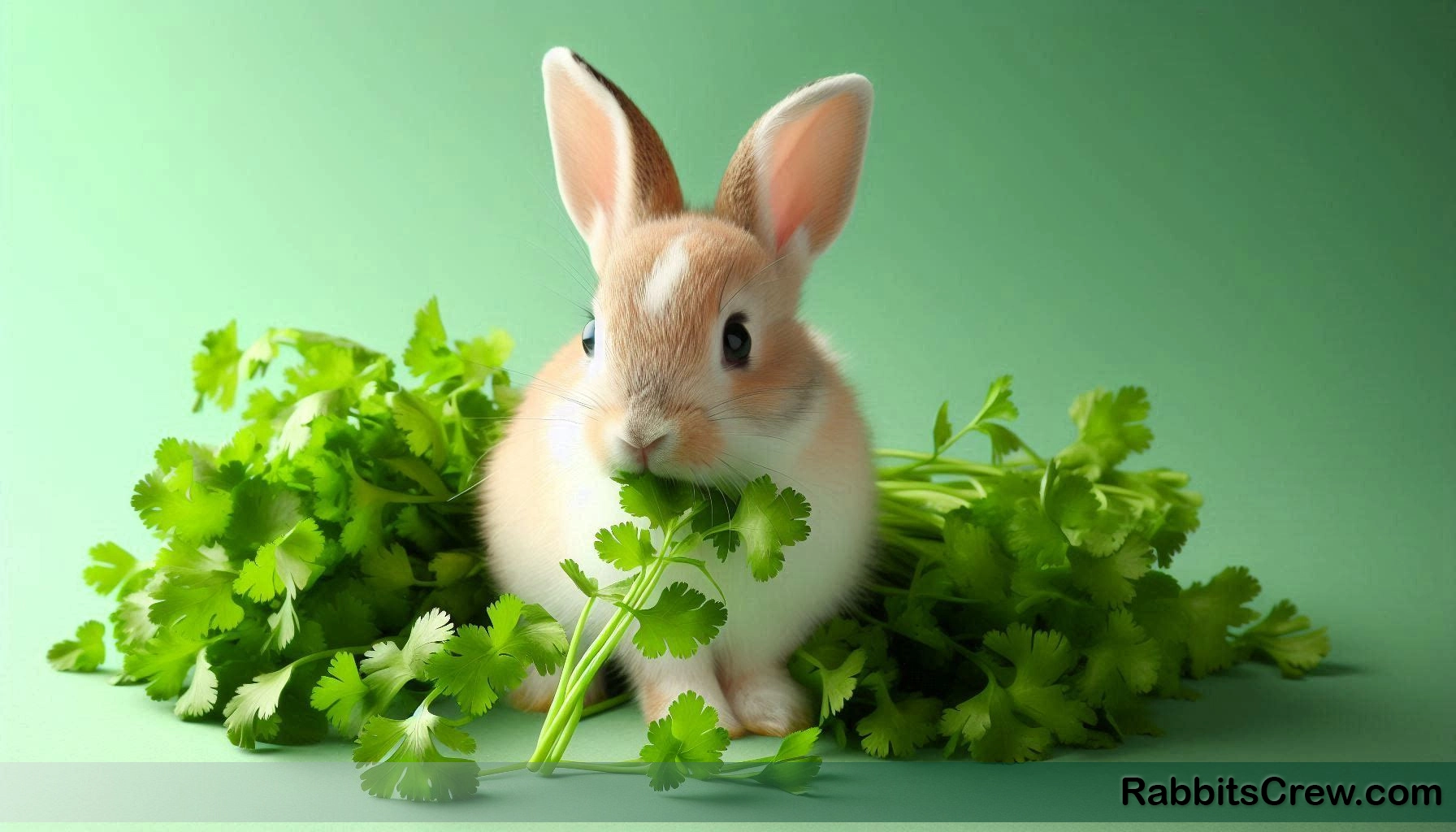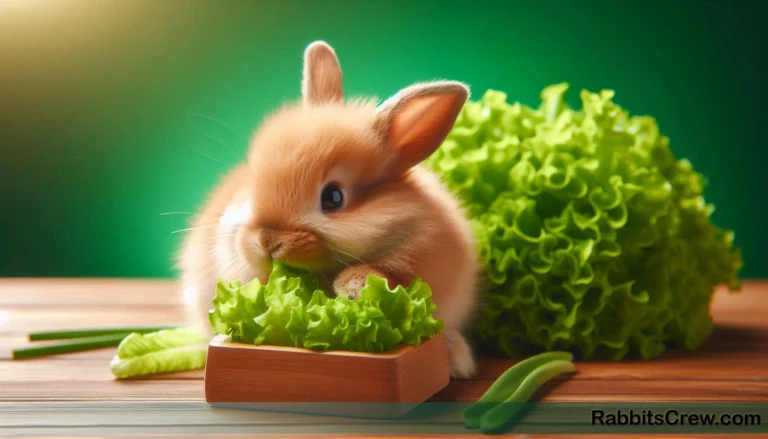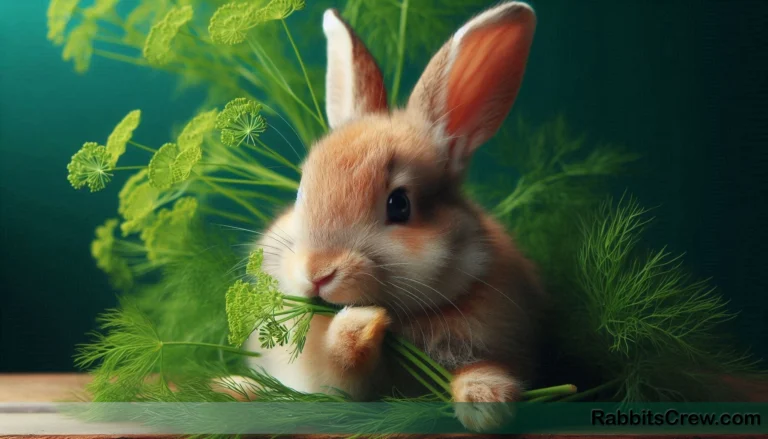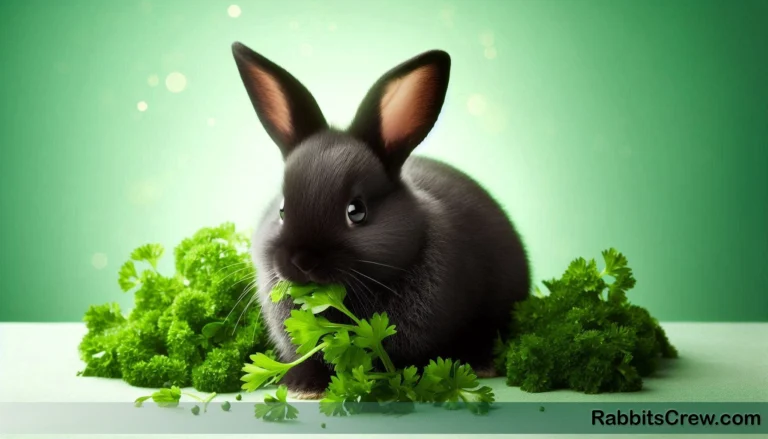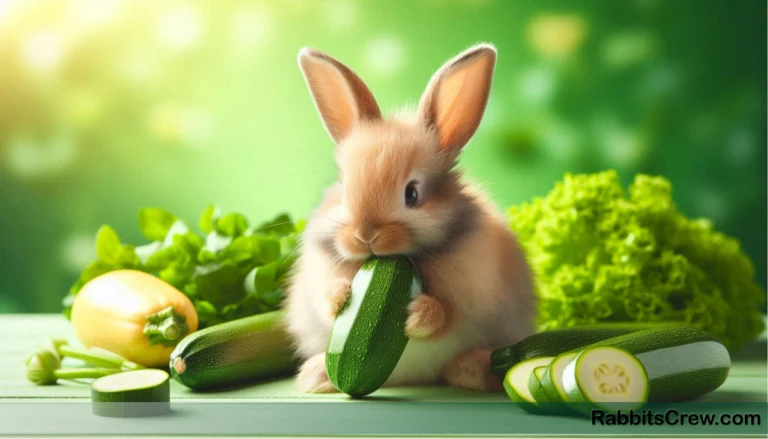Can Rabbits Eat Cilantro, Leaves, Stem or Roots? [Answered]
Yes, rabbits can eat cilantro, including leaves, stems, and roots. It’s a healthy herb. Feed in moderation as part of a varied diet.
Cilantro, also known as coriander, is a popular herb that many rabbit owners wonder about. This article explores the safety, benefits, and potential risks of feeding cilantro to rabbits. We’ll cover all parts of the plant, proper feeding methods, and nutritional information to help you make informed decisions about incorporating cilantro into your rabbit’s diet.
Cilantro Components and Rabbit Safety
| Component | Safe for Rabbits? | Notes |
|---|---|---|
| Leaves | Yes | Rich in vitamins and minerals |
| Stems | Yes | Should be given in moderation |
| Stalks | Yes | Can be tough, cut into small pieces |
| Flowers | Yes | Can be included occasionally |
| Seeds | No | Can be toxic |
| Roots | No | Difficult to digest |
Can rabbits eat cilantro?
Yes, rabbits can safely eat cilantro. Cilantro is one of the herbs that is considered safe for rabbits to consume and can be included in their diet regularly. It’s a flavorful and nutritious addition that many rabbits enjoy.
Nutritional Content of Cilantro (per 100g)
| Nutrient | Amount |
|---|---|
| Calories | 23 kcal |
| Protein | 2.1 g |
| Fat | 0.5 g |
| Carbohydrates | 3.7 g |
| Fiber | 2.8 g |
| Vitamin A | 337 µg |
| Vitamin C | 27 mg |
| Calcium | 67 mg |
| Iron | 1.8 mg |
| Potassium | 521 mg |
Can rabbits eat cilantro flowers?
Cilantro flowers are safe for rabbits to eat in moderation. They contain similar nutrients to the leaves but should be introduced gradually to avoid digestive upset.
Can rabbits eat cilantro leaves?
Cilantro leaves are the most commonly consumed and nutritious part of the plant for rabbits. They are safe and can be fed regularly as part of a balanced diet.
Can bunnies eat cilantro stems?
Yes, rabbits can eat cilantro stems. While not as nutritious as the leaves, they are safe for consumption and can provide additional fiber to your rabbit’s diet.
Can rabbits eat cilantro roots?
It’s not recommended to feed cilantro roots to rabbits. Rabbits typically don’t consume root vegetables in the wild, and cilantro roots may be difficult for them to digest.
How to Feed Cilantro to Rabbits
1. Wash thoroughly to remove pesticides and dirt
2. Introduce gradually, starting with small amounts
3. Mix with other vegetables for variety
4. Offer fresh cilantro, avoiding wilted or spoiled leaves
5. Remove uneaten portions after a few hours to prevent spoilage
Nutritional Benefits of Cilantro
– High in vitamin C, supporting immune function
– Rich in vitamin A, promoting eye health
– Contains vitamin K, essential for blood clotting
– Provides dietary fiber, aiding digestion
– Low in calories, suitable for weight management
Potential Risks of Feeding Cilantro to Rabbits
– Overfeeding may cause digestive issues
– Pesticide residue if not properly washed
– Potential allergic reactions in some rabbits
Potential Health Issues from Overfeeding Cilantro
| Issue | Symptoms | Prevention |
|---|---|---|
| Diarrhea | Loose, watery stools | Introduce gradually, limit portions |
| Bloating | Swollen abdomen, discomfort | Feed in moderation, balance with hay |
| Gas | Lethargy, reduced appetite | Offer variety in diet, monitor intake |
Why is cilantro so important in a rabbit’s diet?
While cilantro is not essential, it provides variety and additional nutrients to a rabbit’s diet. Its strong smell and taste can encourage picky eaters to consume more greens, potentially increasing overall vegetable intake.
How much cilantro should I feed to my Rabbit?
Special Note: Always introduce new foods gradually and observe your rabbit for any adverse reactions.
| Frequency | Amount |
|---|---|
| Daily | 1-2 sprigs or 1-2 tablespoons |
| Weekly | 3-4 times per week |
| Monthly | As part of a varied vegetable rotation |
Rabbits can eat cilantro safely. For more information on other foods rabbits can eat, check out our articles on “Can rabbits eat cabbage?”, “Can rabbits eat corn?”, “Can rabbits eat lettuce?”, or “Can rabbits eat pumpkin?”.
In conclusion, cilantro is a safe and nutritious herb for rabbits when fed in moderation. It offers various health benefits and can be a flavorful addition to your rabbit’s diet. Always introduce new foods slowly and consult with a veterinarian if you have concerns about your rabbit’s diet.

